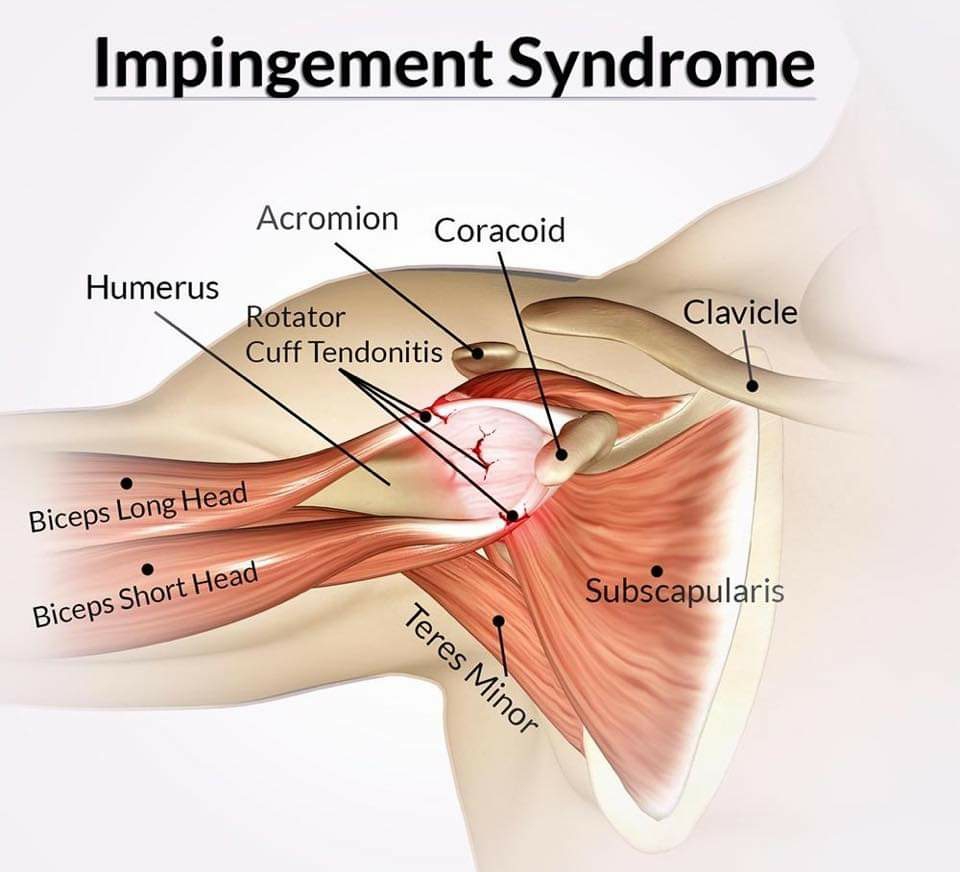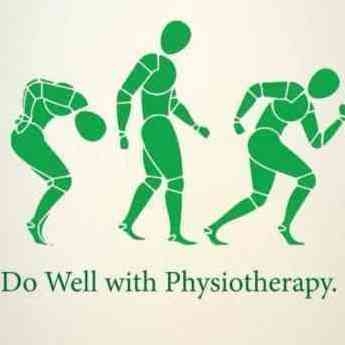+918042754929

This is your website preview.
Currently it only shows your basic business info. Start adding relevant business details such as description, images and products or services to gain your customers attention by using Boost 360 android app / iOS App / web portal.

IMPINGEMENT SYNDROME? SHOULDER OR ARM PAIN? ⠀ [ANATOMY & PATHOLOGY] ⠀ ⠀ Shoulder Impingement is a very common injury! In this post we will focus on the Supraspinatus, one of our 4 rotator cuff muscles that's mostly the culprit! ⠀ The supraspinatus tendon is running through a space in between the acromion and the humeral head which we call the subacromial space ⠀ Note how tight this space is, this is where Impingement Syndrome occurs. Impingement syndrome can also affect the subacromial bursa, and the long head of the biceps brachii, which can be easily seen. ⠀ When you move your arm up, the subacromial space becomes narrow and causes entrapment of the supraspinatus tendon. Impingement Syndrome then can happen causing irritation of tendon or bursa. ⠀ Doing repetitive overhead movement can aggravate your tendon making it inflamed & thickened! When it's thickened, the subacromial space will become even more narrow! As a result you get reduced range of motion, pain and potentially a supraspinatus tendon tear! ⠀ Who's at risk? Athletes who do lots of arm overhead activity (swimming, javelin, tennis, basketball) or any activity that involves repetitive movement (construction work, wall painting)! ⠀ Symptoms: • Pain when moving overhead, lifting heavy objects, or reaching for an object • Possible swelling and tenderness in front of the shoulder • Reduced range of motion due to pain and stiffness • Weakness of rotator cuff muscles and possibly other surrounding muscles - sometimes you'll be able to see a loss of muscle bulk too on the affected side! • Pain at night (think about sleeping position) ⠀ Normally, at the early stage (when impingement is still mild), people will tend to ignore it. Usually until they have caused further injury/tear, that's the time when they will seek for treatment! ⠀ Never force yourself through pain, the pain is there for a reason! ⠀ Consult a physio if you're in doubt! They can confirm with you whether you have an impingement by doing some special tests and will guide you on a proper rehab and management!

 +918042754929
+918042754929